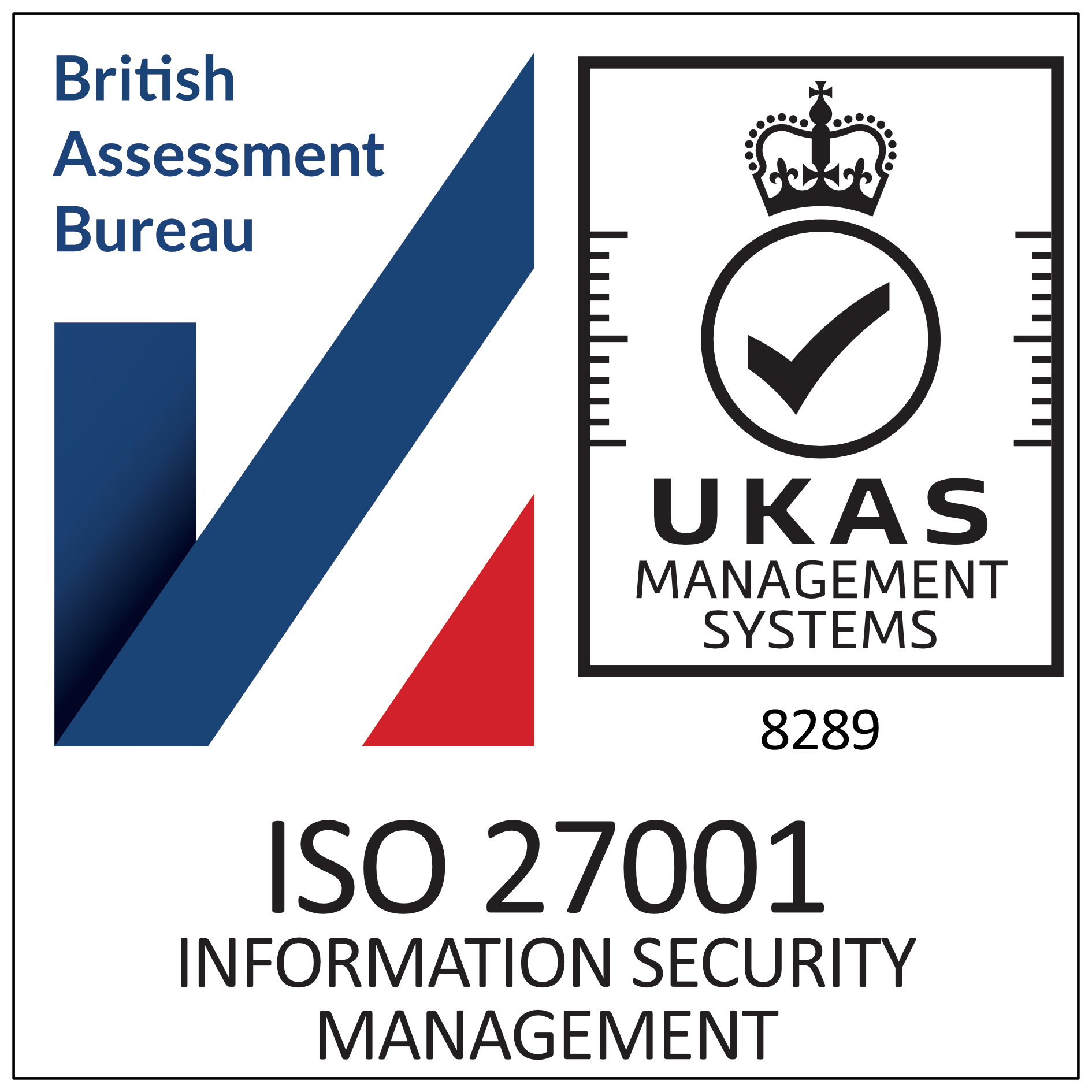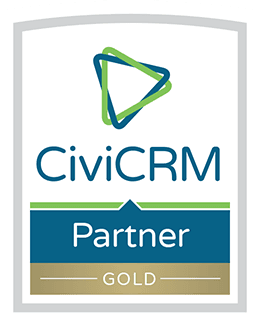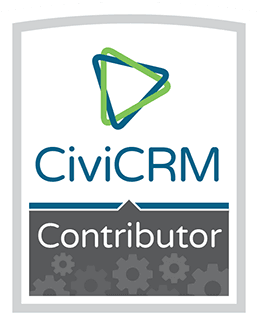SEMD is a leading source of professional support enabling the region’s museums to evolve and flourish. They provide grassroots support to museums in the South East. They provide timely advice, as well as essential funds to drive development and skills building opportunities for the workforce.
Funded by Arts Council England, their mission is to sustain an inclusive, thriving, and dynamic museum sector that reflects the diverse narratives and cultural heritage of the South East of England.

South East Museum Development had a CiviCRM database, but it wasn’t built with their users and workflows in mind. Therefore, much of its potential had remained untapped. Circle worked with the organisation to co-design a solution that meets the needs of the team members.
The data that SEMD collect and store, represents a roadmap of interactions between themselves and their Museum partners. This needs to be easily maintained by team members. This repository is the knowledge base of the organisation. Reports generated from the CRM should enable SEMD to accurately measure the impact of their work and provide a detailed strategic overview to funding bodies and stakeholders.
We were introduced to the project with a long list of problems. The SEMDP team felt that their database was cluttered with inconsistent data and it was too complicated to use. This created a lack of confidence in the system itself and the information recorded in it. Team members felt that recording new data in Civi was too difficult, so they were storing vital data on spreadsheets instead of the database.
During our discovery we looked closely at how the CRM was used across the organisation. We recorded user stories to understand the system from the users’ perspective. This enabled us to discover the main issues that were the cause of this list of problems.
Users didn’t have confidence in the system. The overarching reason for this was that team members, regardless of their role, were tasked with creating and updating records (contacts, projects, activities etc.) from within the CRM. This exposed them to lots of fields that were irrelevant to their workflows. They had to navigate through a lot of tables to update even one piece of information. This method exposed the users to many opportunities for errors.
The database structure lacked a clear methodology. To address this we cleaned the existing data and reduced the number of custom fields. We made sure that the fields they specifically needed were in sensible places and linked to the right entities. We ensured that the database was fit for the purposes of the users. We also made sure that the functionality of the database met the organisation’s broader long term goals.
Using Drupal’s powerful integration with CiviCRM, we provided a dynamic Drupal user interface, tailored to the needs of the users. The interface comprises of a number of webforms designed to make the method of data entry as simple and frictionless as possible. The interface adapts to which type of user is using the system, therefore users only see the data entry fields that are relevant to them and their tasks. The UI also deduces values dynamically; adjusting the options available depending on the data entered. This enables individuals to enter data easily and accurately.
As well as adding new data, these forms allow users to update and change the status of their contacts, projects and other activities.
We reviewed internal procedures for collecting data and recording activities, and recommended a data audit across the organisation to supplement the data cleaning process. We recommended training to meet the specific needs of SEMD team members. Engaging all of the users in this process was key to rebuilding confidence in the system.
“The Circle Interactive team helped us to find the right pathway for our team, ensuring Civi is central to our data recording in the future”
Juliet Thomas - SEMD
Now, when a team member needs to add information to the system, rather than hunting through different screens to find the elements they need, all they have to do is login and navigate to one of 3 places. Within these screens they can view data broken down by relevance to their daily tasks: ongoing projects, individual records and organisation records. Common everyday tasks and actions are defined and listed in one dropdown, and link to extremely simple forms (eg. add new relationship, or view event attendance).
This screenshot shows how all the functionality a user might need is collated. This means that new staff members only need very basic induction before operating with confidence.
Following our product demos, the SEMD Product Owner chose to build a training guide herself with video tutorials. Training is now easy to implement for current staff and new recruits. Staff have quickly become much more confident entering new data into the system and team members can now trust information to be more accurate because there is virtually no way to get it wrong. Data collection is now increased and reporting is more reliable.
By utilising Drupal and CiviCRM integration, we simplified the workflows without compromising the functionality of SEMD’s database.







